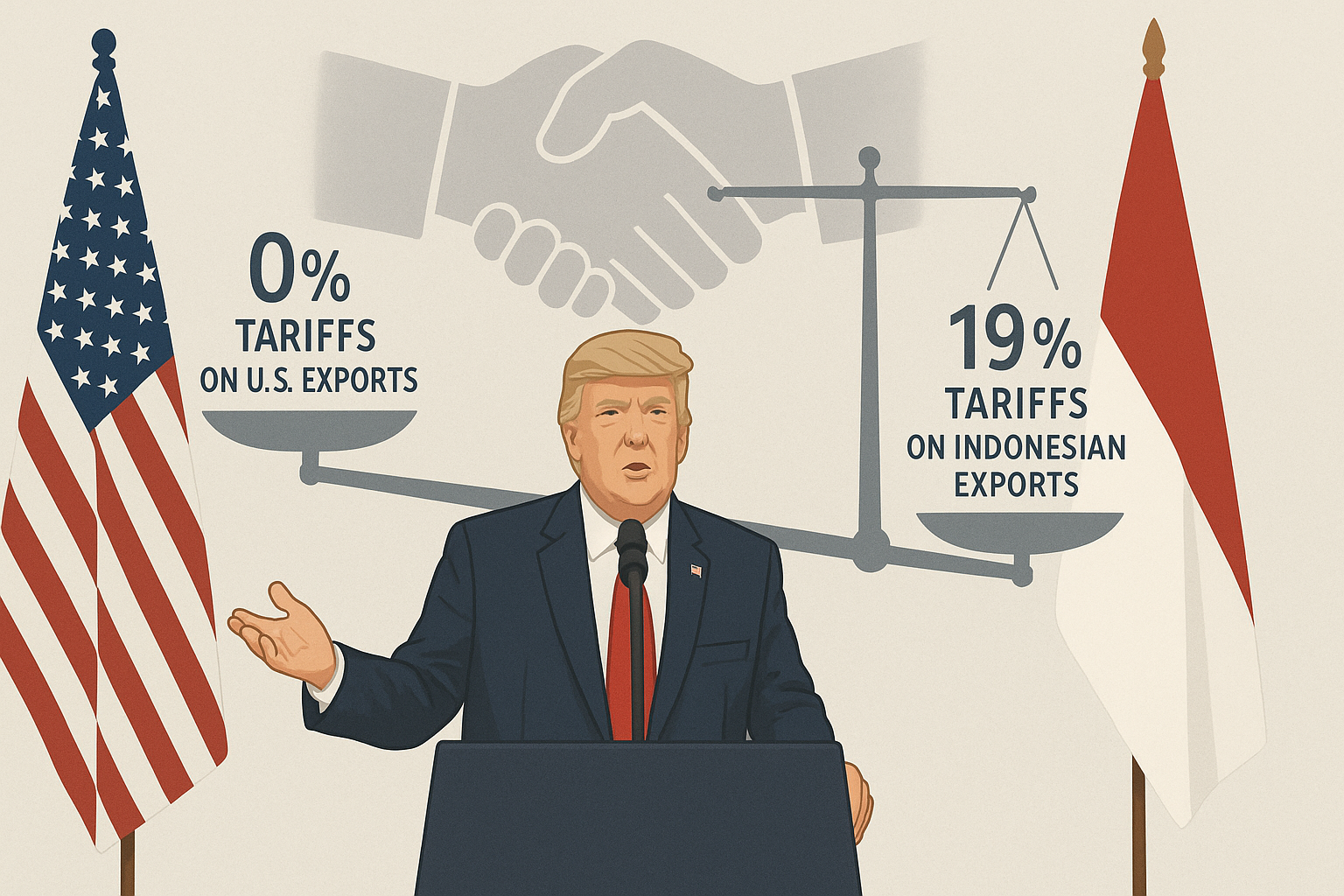While Blackstone hasn't made headlines for waste management investments lately, the private equity giant's strategy typically aligns with emerging market trends - and sustainability is definitely one of those trends. Their approach to the waste management sector could signal broader shifts in how institutional investors view environmental services.
Market Significance
Private equity firms like Blackstone are increasingly eyeing sectors with both growth potential and positive environmental impact. Waste management fits this bill perfectly - it's essential infrastructure with growing importance as sustainability regulations tighten.
Establishing the Broader Context
The global waste management market is on track to hit $530 billion by 2025 - driven by urbanization and stricter environmental rules. Blackstone, with its deep pockets and long-term investment horizon, is well-positioned to capitalize on this growth through investments in both technology and infrastructure.
Core Data Points
According to Allied Market Research, we're looking at a 5.5% CAGR for the waste management market from 2020 to 2025. That's solid growth in an essential service sector - exactly the kind of steady returns that attract firms like Blackstone.
Cross-Border Implications
Waste management presents interesting cross-border opportunities, especially in emerging markets where infrastructure is still developing. Blackstone's global reach and expertise could help scale solutions across different regions - potentially accelerating adoption of advanced waste management practices worldwide.
Expert Perspectives
John Anderson from Investment Insights Group observes, "Blackstone's interest in waste management aligns with its broader strategy to invest in sectors with sustainable growth potential. As environmental regulations tighten, the demand for innovative waste solutions will likely increase."
I've seen this play out in other sectors - regulatory pressure creates investment opportunities for those willing to solve emerging problems.
Key Drivers and Forward Scenarios
The key drivers here include regulatory changes (which are definitely coming), technological advancements, and growing consumer awareness. Looking ahead, I think Blackstone will focus on companies offering scalable solutions with strong ESG credentials - that's where the market is heading, after all.
Strategic Takeaway
While Blackstone hasn't been directly linked to recent waste management initiatives, their strategic approach to investing suggests they're watching this space carefully. As the sector evolves to address challenges like food waste, firms with Blackstone's resources and long-term outlook are uniquely positioned to identify and capitalize on the opportunities that emerge. In my view, we'll likely see them making moves in this space before long - the fundamentals are just too compelling to ignore.




